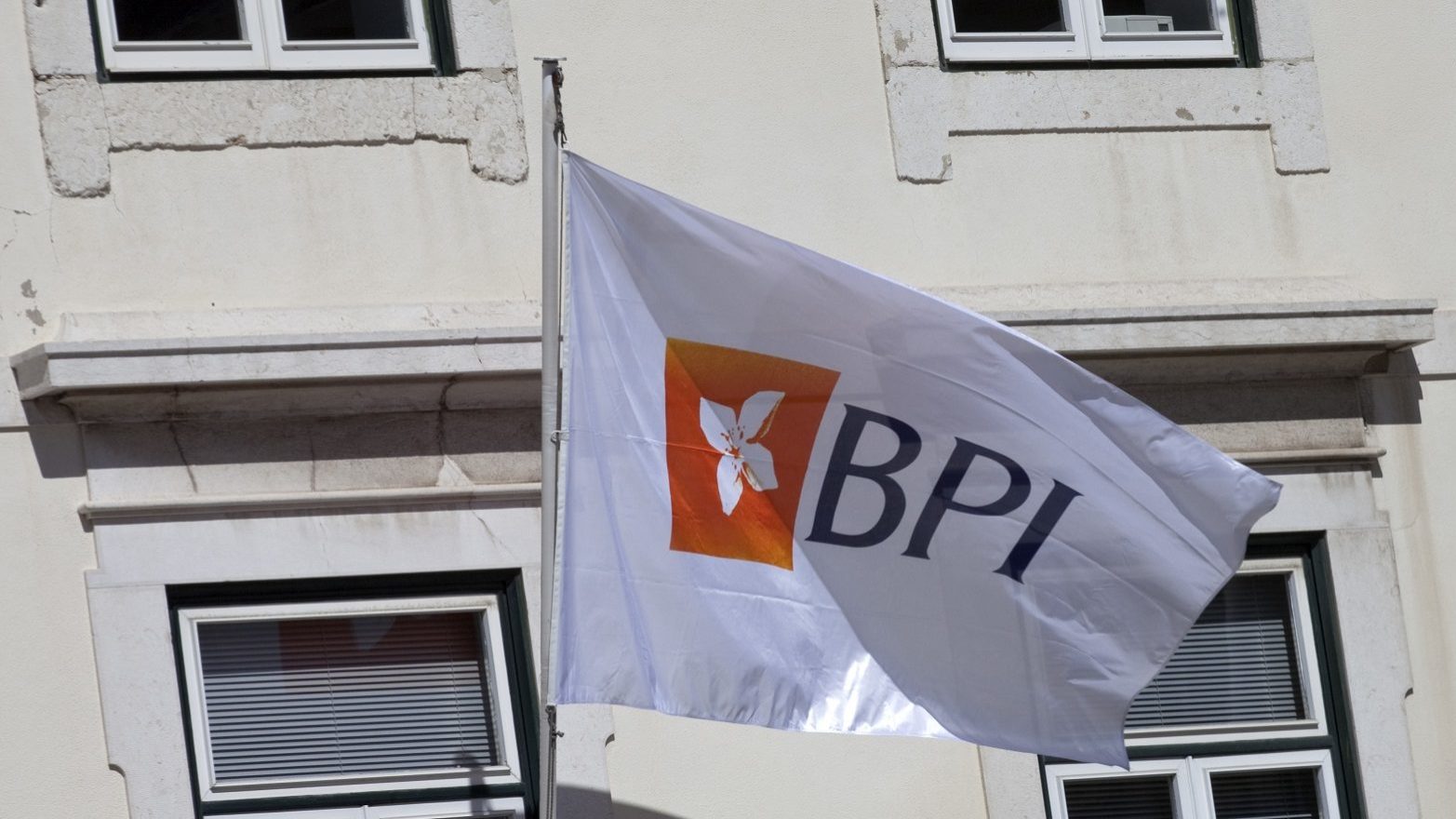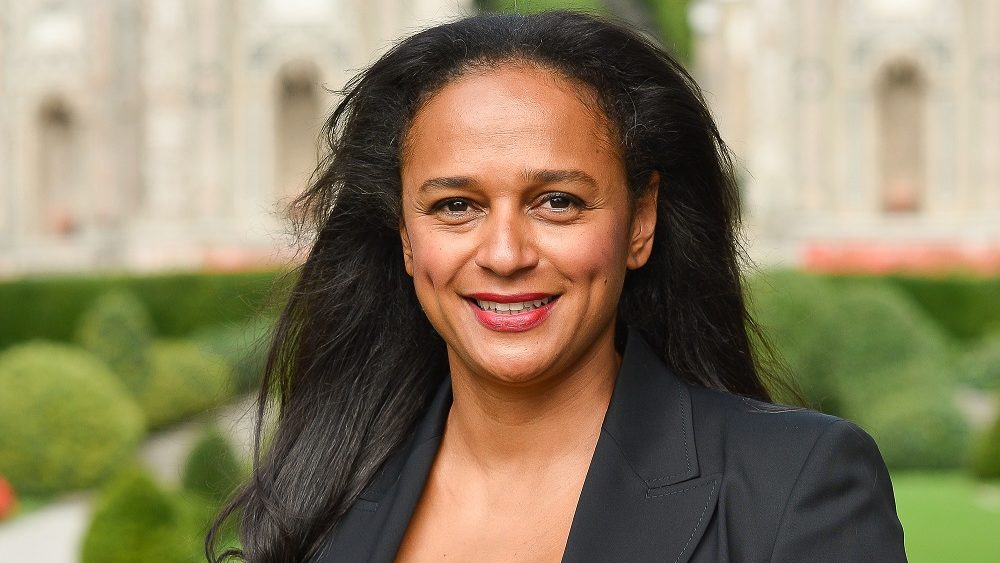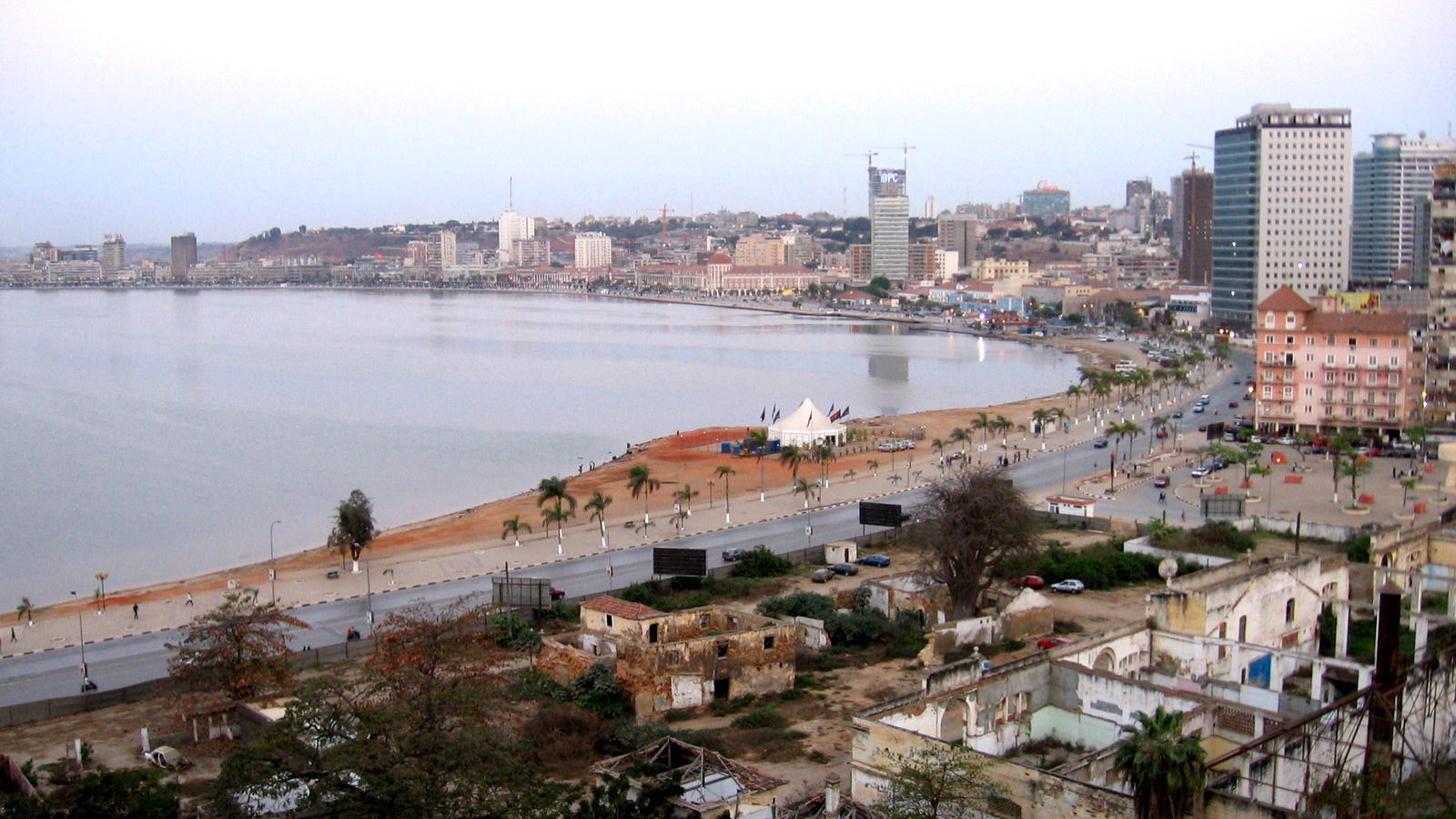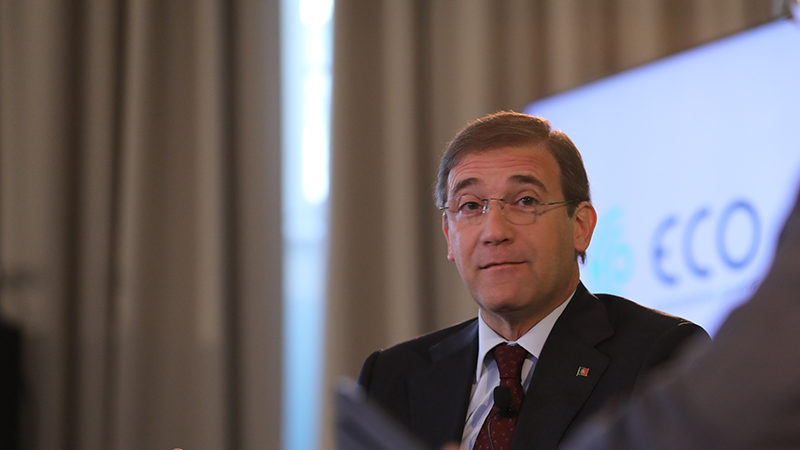BPI’s General Assembly: will Unitel take control of BFA today?
Has the ECB given a green light to move forward with the sale of 2% of BFA? The question should be answered this afternoon, but not all of BPI’s issues will be solved in this General Assembly.
From GA to GA until the final one – this could be the title of the series portraying the Portuguese bank BPI’s last couple of years. When, this Thursday, BPI’s shareholders gather in Casa da Música (Oporto), they will ask many questions; we shall wait and see if they’ll have them all answered.
1 – Has the ECB stated that BFA’s sale is enough to reduce Angola’s exposure?
The first – and only issue on the agenda – has to do with the reason given by the main shareholder of the bank and the best contender for BPI’s takeover bid, CaixaBank, to have had the last General Assembly (GA) suspended. In that session, also in Casa Da Música, the sale of 2% of BFA to the Angolan communications company Unitel would be the main issue to be discussed.
The reason the Spanish have given was that they were not sure the sale of 2% equity on BFA and the consequent reduction of BPI’s position to 49% would be considered enough by the European Central Bank (ECB) to be able to classify the operation as being able to reduce the bank’s exposure to Angola’s great risks.
The 2% sale of the Angolan bank BFA, for 28 million euros, was a proposal made on September 20 by BPI to Unitel, the company controlled by Isabel dos Santos. The proposal was made because its management considered this was the only solution that would allow the Portuguese bank BPI to comply with the demands made by ECB – which force the reduction of Angola’s exposure.
That deal has been highly argued against by small shareholders represented by retail investors’ association ATM and by the company Violas Ferreira Financial, the largest Portuguese shareholder in BPI. Aside from considering that deal is only beneficial to the two largest shareholders of the bank (CaixaBank and Isabel dos Santos), small shareholders are also arguing against the largest shareholders representatives’ right to vote in the GA in which the topic will be discussed. Small shareholders are threatening to bring the matter to court if CaixaBank and Isabel dos Santos do indeed get the right to vote.
2 – But what has changed over the past three weeks?
The big issue, that some shareholders contacted by ECO have said to be the million dollar question, is to understand if ECB has already officially told BPI, in the clearest terms, that the 2% sale is enough to reduce the exposure of Angola’s risks.
One thing is for sure: the National Bank of Angola, and according to the press release sent last night by BPI, is not opposed to the operation – gave it, in fact, green light.
3 – Has Angola already payed dividends to the BFA?
The issue of dividends to BFA from its services between 2014 and 2015 of 66 million euros, which should be paid until December 9, is also a mystery. The Portuguese bank BPI has not yet made any statement, in spite of having disclosed they received 30 million dollars from Unitel. That amount corresponds to the last parcel of the purchase and sale contract of 49.9% of BFA, an operation finalized in 2008, in spite of lacking that payment. Making this payment was one of the conditions for the sale of 2% of BFA to be finalized, and it should also be completed by December 9.
Dividends must be paid in order to finalize the deal inscribed in the letter sent by Ulrich to Angola, dated September 20, propositioning to sell the BFA for 28 million euros.
By then, BPI disclosed their availability to proceed with the deal considered that “along with BFA and the bank BPI, Unitel will make all the possible efforts, respecting the Angolan laws, to welcome, through BPI in Lisbon on December 9 of 2016, the amount of dividends the BFA owes from the operations made between 2014 and 2015”.
BPI is confident
In spite of this, the Portuguese bank BPI is confident ECB is not going to oppose the unbinding of BFA and that the 2% sale to Unitel is enough to comply with the demands they made concerning the excess of exposure in Angola, since ECB stated they would “have no reasons to object to BFA’s unbinding”, as long as there some conditions are complied by the Portuguese bank.




